Embracing interdisciplinarity in training
EMBL training expands multidisciplinary approaches, welcoming collaboration and encouraging applications from a new range of disciplinary backgrounds.
A year of exceptional life science research, training, service, industry collaboration, and integration of European life science research.
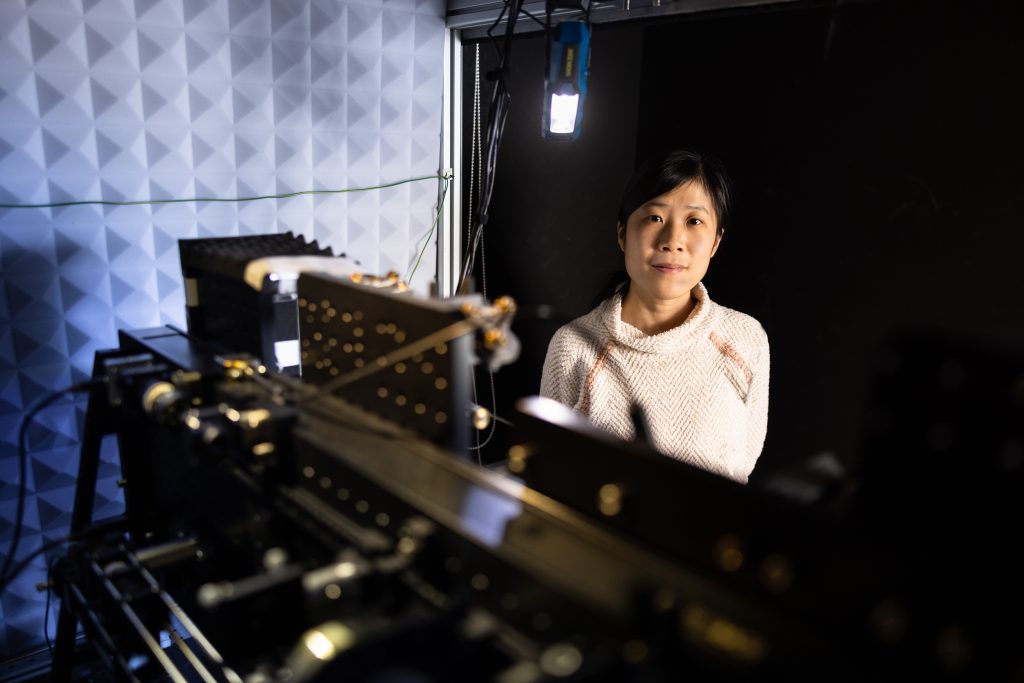
The first group of ARISE fellows joined EMBL in 2021, hailing from a multiplicity of research backgrounds and expertise. Their objective is to improve current tools and develop new ones through projects over the next three years. This is the first long-term preparatory programme specifically designed for research infrastructure scientists.
The ARISE programme (Career Accelerator for Research Infrastructure Scientists) provides fellowships to advance technology development in the life sciences, and trains technology developers and engineers in leading research infrastructures and services. A key aspect of the fellowship is bringing researchers with interdisciplinary backgrounds to EMBL, with the first group of fellows having backgrounds in molecular biology, engineering, biochemistry, political science, and image processing, among other specialties.
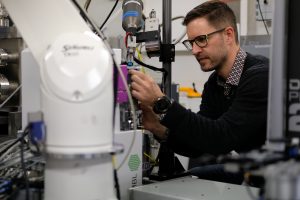
Among this cohort is Nicolas Foos, who did his PhD in structural biology studying a protein-DNA complex involved in body-segmentation and who currently works onthe McCarthy Team at EMBL Grenoble. His fascination for solving 3D structures sparked his interest in the instruments and software that he was using, spurring him on to start working at a synchrotron facility.
“After my experience in different places, I became a sort of Swiss army knife, comfortable to work at the lab bench and in service provision. That’s why I decided to apply for the ARISE fellowship,” Foos said.
The ARISE fellowship fills a human resources gap by creating a new generation of research infrastructure scientists. Sensitive to the needs of modern science, this programme has a dynamic nature and seeks to identify and design the professional roles increasingly required for this field.
“If we identify the training needs, systematise the positions, and evaluate their impact on research organisations, we can open a new opportunity for many scientists and facilitate recruitment processes,” said Tanja Ninković, ARISE Programme Manager.
Ricardo Sanchez, an ARISE fellow working on improving the performance and efficiency of Cryo-Electron Tomography at EMBL Heidelberg, also highlighted the benefit of fostering mobility between the fields of science and engineering. According to him, it provides “an alternative professional development path for those who want to solve scientific problems but do not follow traditional itineraries.”
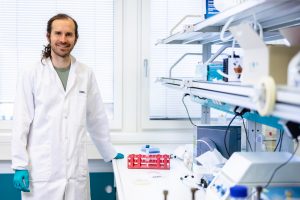
Several of the selected projects are in line with the new EMBL programme, which studies the molecular basis of life in the context of changing environments. An example of this is a study on how microbes degrade pesticides, being led by ARISE fellow Richard Jacoby, who recently joined the Zimmermann Group at EMBL Heidelberg.
“A better understanding of this process could be used to track pesticide fate in the environment and help develop improved technologies for removing contaminants from soil, water, and sediment,” Jacoby said.
During their time at EMBL, the fellows will also collaborate with ARISE partner organisations located in EMBL member states – an opportunity to connect with potential future partners and employers.
Working with such partners will also give them a better overview of the scientific needs in other institutions. “Before starting this fellowship, I was a user and now I am jumping to the other side. I have to develop tools that are not useful for me, but rather for other scientists with diverse backgrounds,” said Osvaldo Burastero, ARISE fellow in the Garcia Alai Group at EMBL Hamburg.
After finishing the training, the fellows will be ready to take on senior positions in research facilities and services all over the world, creating a global impact and enabling the scientific community to conduct innovative and pioneering research.
EMBL training expands multidisciplinary approaches, welcoming collaboration and encouraging applications from a new range of disciplinary backgrounds.
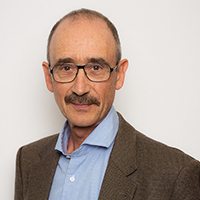
“The training portfolio offered by EMBL is simply fantastic. The INSPIRE and LEAP programs are truly innovative and are examples of what should be developed in European academic institutions, and now ARISE too is one more forward-thinking EMBL approach to training.’’
— Denis Duboule, Professor of Developmental Genetics and Genomics at the University of Geneva; Group Leader at EMBL, 1988–1992
“What knowledge, skills, and attitudes are required for future leaders of research infrastructures? These are critical to assess in order to plan for successful professional development. That’s why we created a competency profile for our ARISE fellows.”
— Daniel Thomas López, Scientific Project Manager at EMBL-EBI Training
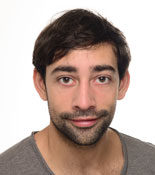
“Before starting this fellowship, I was a user and now I am jumping to the other side. I have to develop tools that are not useful for me, but rather for other scientists with diverse backgrounds.”
— Osvaldo Burastero, ARISE fellow on the Garcia Alai Team, EMBL Hamburg
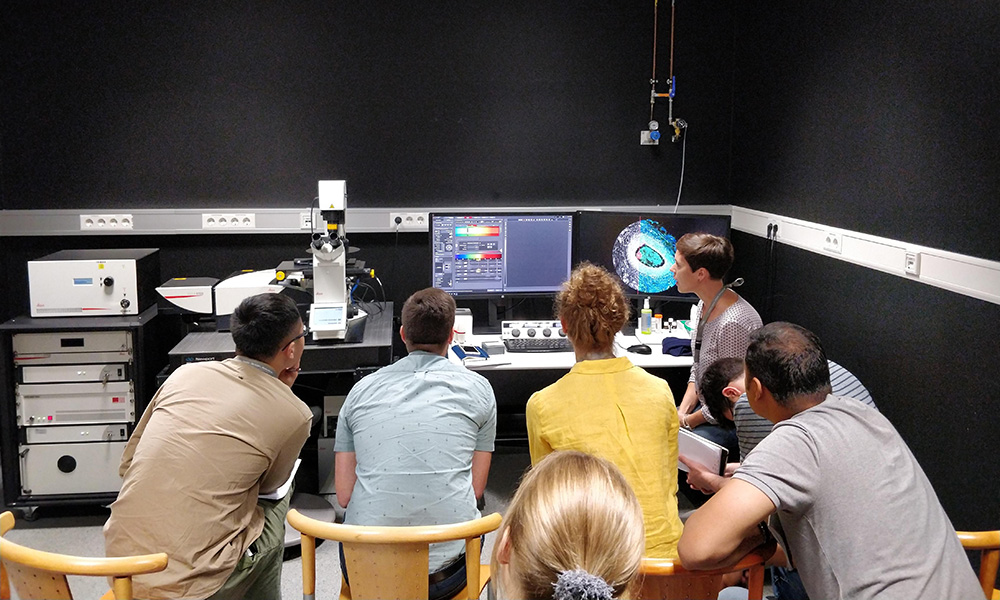
Embracing interdisciplinarity in training
EMBL training expands multidisciplinary approaches, welcoming collaboration and encouraging applications from a new range of disciplinary backgrounds.

A snapshot of EMBL 2021 facts and figures